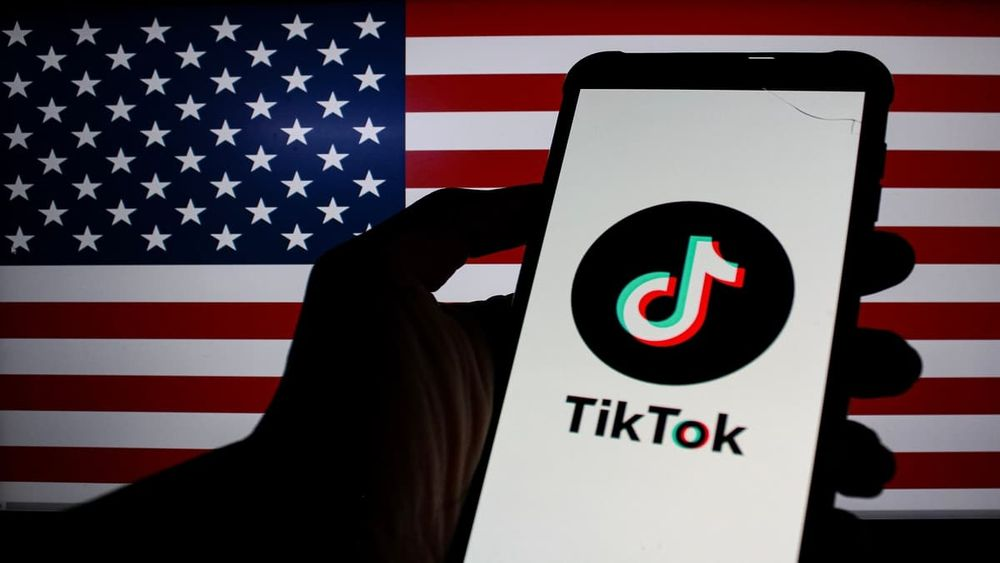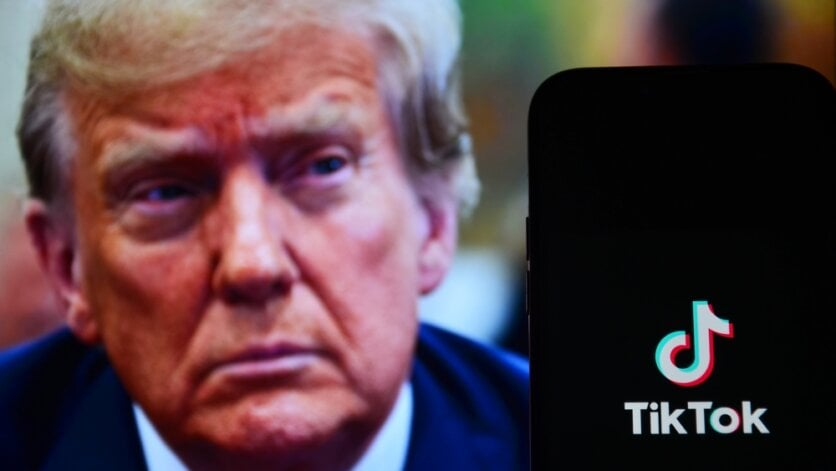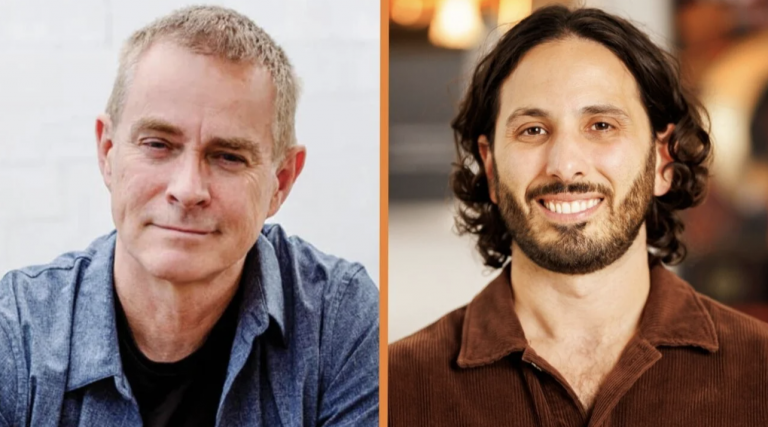
TikTok’s future in the United States remains uncertain. President Donald Trump has advanced a plan to shift the app’s US operations from Chinese parent company ByteDance to American and allied investors. The White House frames the move as a way to protect national security. However, the details reveal a far more complex story—one that blends politics, global finance, and the future of digital culture.
Who’s Investing in TikTok US
At the center of the deal is a new joint venture. ByteDance would keep just under 20% ownership, while the majority would move to investors such as Oracle, Silver Lake, and MGX, a state-owned fund from the United Arab Emirates. Oracle already manages TikTok’s US user data, and now it would also retrain and oversee the recommendation algorithm. In addition, the company would work directly with the US government on changes to the app. As a result, many observers question how independent TikTok US will truly be.

The financial side raises even more questions. TikTok US has been valued at $14 billion, far below analyst estimates of $30–40 billion. Meanwhile, reports suggest ByteDance will still capture up to half of the profits through licensing fees and its minority stake. Therefore, critics argue the structure undermines the divest-or-ban law, which was designed to cut ties with ByteDance. Lawmakers such as Rep. John Moolenaar warn the deal may not meet the legal standard for a qualified divestiture.
Cultural Impact and Music Industry Concerns
Beyond politics and finance, the cultural impact could be significant. Oracle will retrain the algorithm using only US user data. Yet with 170 million users in the US compared to 1.6 billion worldwide, the dataset is far smaller. Consequently, the algorithm may struggle to capture global trends. For the music industry, which relies heavily on TikTok for discovery, this shift could limit international hits in the US and widen the gap between American and global audiences.
In the end, the TikTok deal is more than a business transaction. Instead, it serves as a test of how governments, corporations, and investors will shape the future of digital platforms. Whether it strengthens national security or simply shifts power among political allies, the outcome will ripple across technology, media, and culture for years to come.








